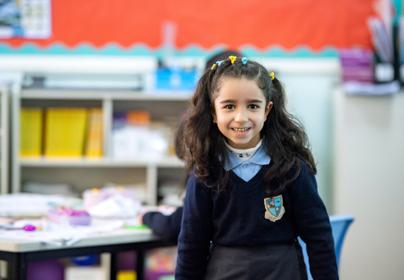The 'Talk for Writing' approach has become an increasingly popular and effective method for teaching writing. This approach emphasises the importance of oral language development, where children are given many opportunities to discuss, rehearse and internalize the structure and language of different text types before attempting to write independently. The benefits of this approach include improved comprehension, expanded vocabulary, and greater confidence in writing.
In Year 1, the "Talk for Writing" framework has transformed students' engagement with literature. By deeply immersing themselves in the whimsical story of "The Runaway Iceberg," these young learners have not only built vital vocabulary and comprehension abilities but have unleashed their own narrative creativity. Beyond simply reading the text, the students have extended the story, written from the iceberg's perspective, and crafted their own imaginative tales. This approach has provided a fun, enriching pathway for developing essential writing skills.
Over in Year 2, the focus has shifted to non-chronological reports, with a captivating introduction that saw a dinosaur visit the classroom. Students listened intently to information about the Triceratops, mapped out key details, and honed their use of nouns, adjectives, and tenses. Armed with a toolkit of organizational and language techniques, the children are now preparing to showcase their own well-researched reports on dinosaurs of their choosing.
Year 3 has been abuzz with two dynamic writing units. First, the class delved into the art of persuasive writing, analysing model texts and crafting their own compelling arguments, including on why their school is the best. Now, the students have embarked on an enthralling investigative journey, following a reported burglary of ancient Egyptian artifacts from their classrooms. Through planning news reports on this shocking incident, they are developing journalistic skills and a keen eye for detail.
Meanwhile, Year 4 has been exploring the genre of biographies, reading about the life of author Roald Dahl and identifying key features. Armed with this knowledge, the students researched influential "World Leaders" and compiled their own engaging biographies. But the learning doesn't stop there - these budding writers will also showcase their work through multimedia presentations, speeches, and informative posters.
In Year 5, students have channelled their inner critics, drafting and refining compelling complaint emails. Drawing on a shared "disturbing flight" experience, they have honed their ability to comment on various aspects of a situation with respect and considered tone. The resulting emails demonstrate the Year 5 students' growing mastery of persuasive, audience-aware writing.
Across our primary classrooms, these diverse literacy activities are sparking students' imaginations, strengthening their grasp of language, and equipping them with vital skills for the years ahead. Through captivating hooks, collaborative learning, and opportunities for creative expression, the teachers are cultivating a love of English that will serve these young learners well.




